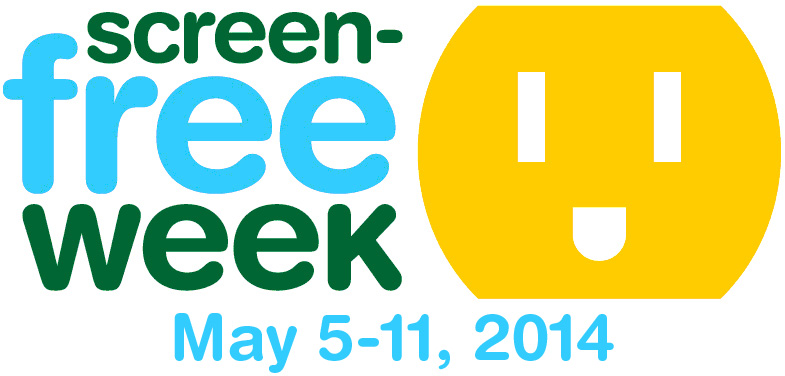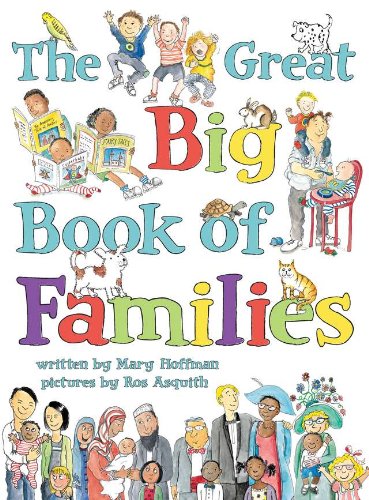This blog was created to share experiences and resources with other elementary counselors.
Saturday, May 31, 2014
How do school districts know if their school counseling program is fully implemented?
This is one of the questions ASCA's leadership has been discussing in focus groups. It is a question I have discussed often with colleagues in my district. Our school division, like most, has very uneven implementation of the ASCA National Model. My school is one of 4 in our district that achieved RAMP this year. Some of our counselors are intimidated by the amount of data required to RAMP. Many do not know how to construct needs assessments and valid pre and post tests. Others honestly don't want to even look at the achievement related data in their school. When I shared our RAMP application with our school board liaison she told me she wished all of our schools had comprehensive programs. She asked me why I thought many did not. I told her that counselors need ongoing professional development and need to be held accountable for having all the components of the Model in place. I believe having a fully implemented program that just Re-RAMPed has helped me avoid a lot of non-counseling responsibilities. I do think having 3 strong program goals and a master calendar are good indicators a "program" is in place. I know in our school if you asked any member of the Counseling Advisory Council they could point out specific examples of the program's implementation. My co-counselor and I continually try to help the other counselors in our district build the capacity of their programs - not everyone is interested. I personally disagree with the goal of our district to have every school apply for RAMP. I would like to see them all have the ASCA Model in place. Any comments?
Tuesday, May 20, 2014
The Big Book of Families
This is a terrific book for teaching a lesson on diversity in grades K-2. It deals with ALL kinds of diversity in a very respectful manner.
Monday, May 12, 2014
No Such Thing As A Bully

Have you read "Waffles and Pancakes" by C. Springsteen. The author uses the language in accordance with http://nosuchthingasabully.com which promotes the idea that there are no true bullies but rather individuals using bullying actions. It encourages youth to take a stand against bullying actions. This is very similar to the language used in Steps to Respect by the Committee for Children we use at our school.
Friday, May 9, 2014
RAMP Banner
Our school division gave each of the 4 schools in our district that achieved RAMP this year these large yellow banners to publicize our program's success!
Wednesday, May 7, 2014
Serving Up Careers
This oversize bulletin board is a work in progress. We actually ran out of plates that frame each of the parents/community members that have come to school this year to share their occupation with students. Out Career Cafes in grades 3-5 were very popular and our students in grades K-2 have visitors come to their individual classrooms. The counselors took a picture at each Career Cafe and teachers take pictures in K-2 and send them to the counselors. Each plate have the visitors name and occupation. Students stop by to look at the additions. I have even seen spouses taking pictures of the bulletin board and sending it to their partner at work. We are so appreciative of people volunteering to talk to our children about the world of work!
Friday, May 2, 2014
Screen free week May 5-11

Screen-Free Week is an annual, international celebration when
schools, families, and community groups pledge to spend seven days
without entertainment screen media.* Instead of watching TV, surfing the
web, or playing video games, they read, play, think, create, get
physically active, and spend more time with friends and family.
*Screens are so important to modern life that sorting out what’s
entertainment and what’s work or communication can be difficult. You
absolutely don’t have to stop using your computer for work or school—but
if screens of any kind are interfering with your family time (including
meals), you may want to think carefully about how you’re using them.WHY Celebrate?
Regardless of whether children are consuming “good” or “bad” programming, it’s clear that screen media dominates the lives of far too many kids, displacing all sorts of other activities that are integral to childhood. Excessive screen time is linked to poor school performance, childhood obesity, and attention problems. And it is primarily through screens that children are exposed to harmful marketing.
Screen-Free Week is a fun and innovative opportunity to reduce our dependence on entertainment screen media, including television, video games, computers, and hand-held devices. It’s a chance for children—and adults—to rediscover the joys of life beyond the screen. Check out commercialfreechildhood.org for more useful resources.
Subscribe to:
Posts (Atom)


